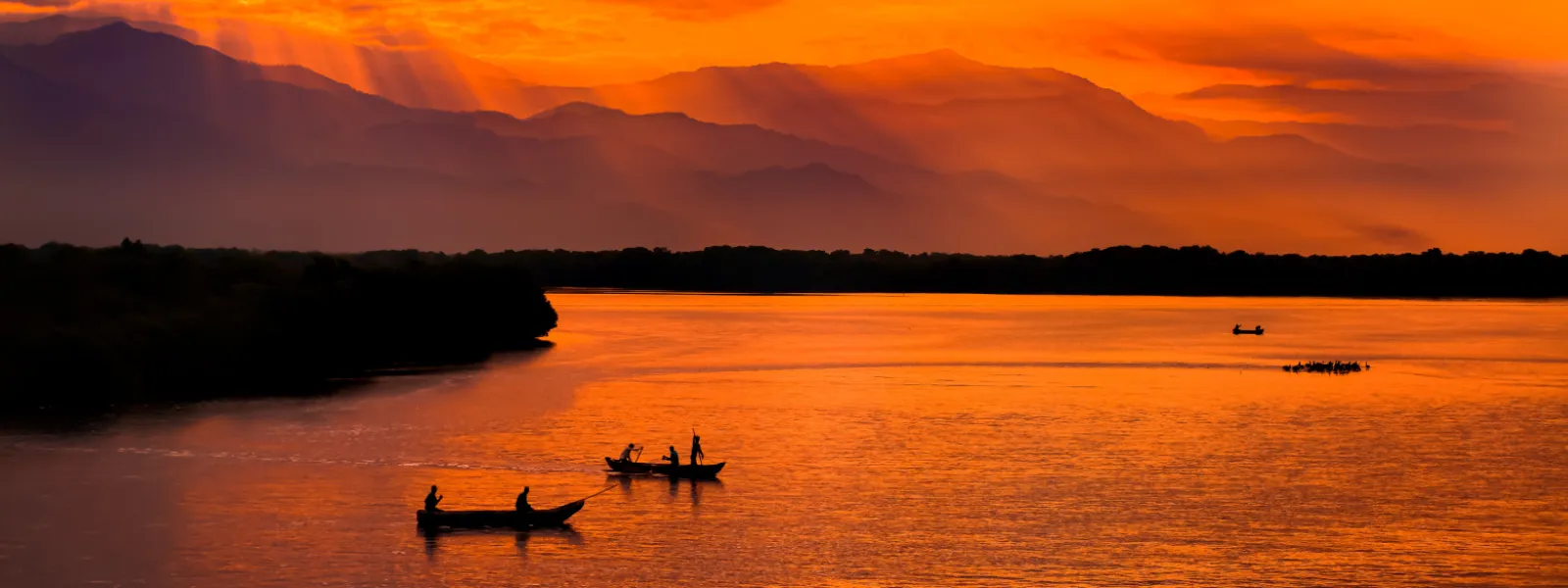
Court suspends fracking pilot projects, reaffirms right to prior consultation in Colombia
Foto: Richard Brunsveld en Unsplash.A Colombian judge on Thursday suspended the environmental license for the Kalé fracking pilot project and the environmental permitting process for the Platero fracking pilot project—both located in the municipality of Puerto Wilches, Santander—until the consultation processes with the communities of the region are completed.
The court ruling responds to an injunction filed by the Afro-Colombian communities of Puerto Wilches (AFROWILCHES), the Podion Corporation, the José Alvear Restrepo Lawyers Collective, and the Colombia Free of Fracking Alliance, to which AIDA provides legal support.
For AIDA, the suspension of the projects represents a victory for the communities of the Magdalena Medio. It acknowledges that fracking cannot advance in the country without their real and effective participation, without a social license, and in a context of threats against the lives of defenders who oppose this technique.
"The court decision sends a powerful warning message to other Latin American nations,” said Yeny Rodríguez, AIDA attorney. “Governments currently advancing fracking must respect the principles of environmental democracy, especially since this is a technique and an industry that significantly impacts the environment and public health."
"While the guarantee of the right to participation and prior consultation is non-negotiable, fracking continues to be a widely questioned technique, which has been banned worldwide due to the lack of scientific certainty about its possible risks and the very high socio-environmental costs it has caused in the countries that already employ it," she explained.
There has been a judicial moratorium on the development of commercial fracking in Colombia since November 2018, when the Council of State declared its provisional suspension at the national level. That decision is based on the precautionary principle, since the regulation of fracking does not contemplate the environmental risks and impacts that its application could cause.
A final ruling from the Council of State on the fracking regulation is expected in the coming months.
In addition, a second appeal for legal protection filed by more than 10 organizations of fishermen, farmers, women and youth of Puerto Wilches is being considered based on the violation of the right to public participation in the implementation of fracking pilot projects there. The appeal was denied in the first instance, but a favorable ruling is expected in the second.
The Colombian Constitutional Court will hear of the decisions of these two judicial proceedings. That court and the Council of State will have the final word on the future of fracking’s implementation in the country.
The judges of Colombia, and those across the region, have the power and the opportunity to positively transform development models that promote activities like fracking while systematically damaging the environment and violating human rights.
Press contact:
Victor Quintanilla (Mexico), AIDA, [email protected], +5215570522107
